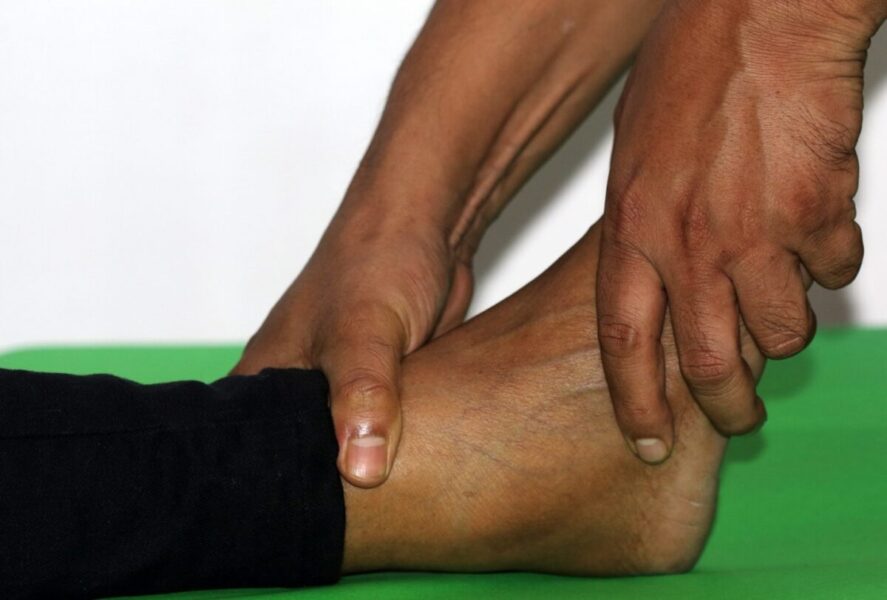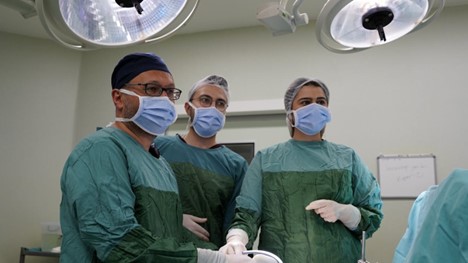Overcoming Barriers in Precision Medicine to Benefit Those Most in Need
Precision medicine, a transformative approach to healthcare, tailor’s treatments to the unique genetic, environmental, and lifestyle factors of everyone. This personalized approach offers vast potential to revolutionize disease prevention, diagnosis, and treatment, especially for those with complex conditions. However, certain barriers prevent its benefits from reaching everyone who could benefit, particularly underrepresented and economically disadvantaged populations. Overcoming these obstacles is crucial to making precision medicine a truly inclusive model that enhances health equity.
Understanding Precision Medicine: An Inclusive GoalThe goal of precision medicine is to create more effective and personalized healthcare solutions. By analyzing genetic information alongside personal health data, clinicians can identify the most suitable treatments for specific diseases, such as:
- cancer
- diabetes
- cardiovascular issues
This approach not only improves treatment outcomes but also reduces the risk of side effects and minimizes the need for trial-and-error in finding effective treatments. Precision medicine aims to bring healthcare closer to everyone’s needs—but unfortunately, these advancements often remain out of reach for those most in need.
Key Barriers to Precision Medicine for Vulnerable Populations- Limited Genetic Data Diversity
One of the greatest challenges in precision medicine is the lack of diversity in genetic research. Historically, studies have predominantly included data from individuals of European descent, which means that precision treatments may be less effective or unavailable for people of other ethnic backgrounds. This lack of diversity not only limits the efficacy of certain therapies but also risks widening health disparities.
Solution: Increasing diversity in genetic studies is essential. Researchers must actively recruit participants from diverse backgrounds to build a more comprehensive database. Expanding research collaboration with global partners can also enrich genetic data and improve the applicability of precision medicine across various populations.
- High Costs and Lack of Insurance Coverage
The cost of genetic testing and precision treatments remains high, putting them out of reach for many low-income individuals. Additionally, many insurance companies still consider some precision treatments as experimental, limiting their willingness to cover these costs. This financial barrier is a significant impediment to equitable healthcare.
Solution: Policies need to promote greater coverage of genetic testing and precision therapies by insurance providers. Additionally, federal and state funding initiatives can support affordable access to precision medicine for underinsured or uninsured populations. Increasing funding and subsidies for community health centers could help bridge this gap by making precision medicine more accessible to underserved communities.
- Infrastructure and Accessibility
Precision medicine relies heavily on advanced laboratory facilities and a skilled workforce, which are often concentrated in urban or wealthy areas. This imbalance creates an accessibility gap for individuals in rural or economically disadvantaged regions, where high-tech healthcare options may be limited.
Solution: Expanding precision medicine infrastructure to rural and low-income areas is critical. Mobile clinics, telemedicine, and community-based health workers can help deliver personalized care to these populations. Furthermore, initiatives that train healthcare workers in precision medicine techniques can strengthen local healthcare systems and make advanced treatments more accessible.
- Lack of Health Literacy and Trust in Healthcare
Many people from underserved communities face obstacles in understanding the potential benefits and risks of precision medicine. This lack of health literacy, compounded by historical distrust in the healthcare system, can lead to reluctance in adopting or participating in precision health programs.
Solution: Community engagement and education programs are essential to build trust and inform people about precision medicine. Partnering with local leaders and community organizations can:
- help bridge the gap
- provide clear information
- encourage participation in genetic studies or precision medicine initiatives
Offering resources in multiple languages and tailoring communication to meet cultural contexts can also improve outreach efforts.
- Privacy and Ethical Concerns
Privacy concerns are prevalent among patients considering genetic testing, particularly in marginalized communities where distrust toward data handling may be higher. Many fear the misuse of genetic data or potential discrimination based on genetic information, which can deter them from engaging in precision medicine.
Solution: Transparent data privacy regulations and rigorous protections against genetic discrimination are crucial. Educating patients about privacy laws, such as the Genetic Information Nondiscrimination Act (GINA), can help alleviate these concerns. Ensuring that patients have control over how their data is used and stored also builds trust and encourages broader participation.
Moving Forward: Steps to Make Precision Medicine More InclusiveAchieving equity in precision medicine requires collaboration across the healthcare, research, and policy sectors. Here are some actionable steps:
- Integrate Precision Medicine into Primary Care: Embedding precision medicine practices into primary care facilities, especially in underserved areas, can make personalized healthcare more accessible.
- Expand Public-Private Partnerships: Collaborations between governments, nonprofits, and private healthcare companies can fund initiatives to subsidize genetic testing and provide free or low-cost precision treatments.
- Encourage Community-Based Research: Engaging communities in research design and execution ensures that studies are more inclusive and representative. This approach also fosters trust and empowers communities to take an active role in their health journey.
- Implement Universal Genetic Testing Policies: Universal screening programs, with opt-in mechanisms, can ensure equal access to genetic testing. This can facilitate early detection of diseases in at-risk populations, enabling preventive and targeted interventions.
To learn more, check out this summary from Harvard T.H. Chan
Precision medicine has the potential to transform healthcare for everyone, but its current limitations hinder its effectiveness for those most in need. Addressing barriers related to cost, access, and trust can pave the way for a more inclusive approach that benefits underserved and vulnerable populations. As precision medicine advances, a commitment to equity will be crucial for ensuring that the benefits of personalized healthcare extend to all, fostering a healthier, more equitable society.
It’s a fantastic idea also to incorporate supplements from the Asher Longevity Institute. By doing so, we can enhance your body’s overall health and well-being.




